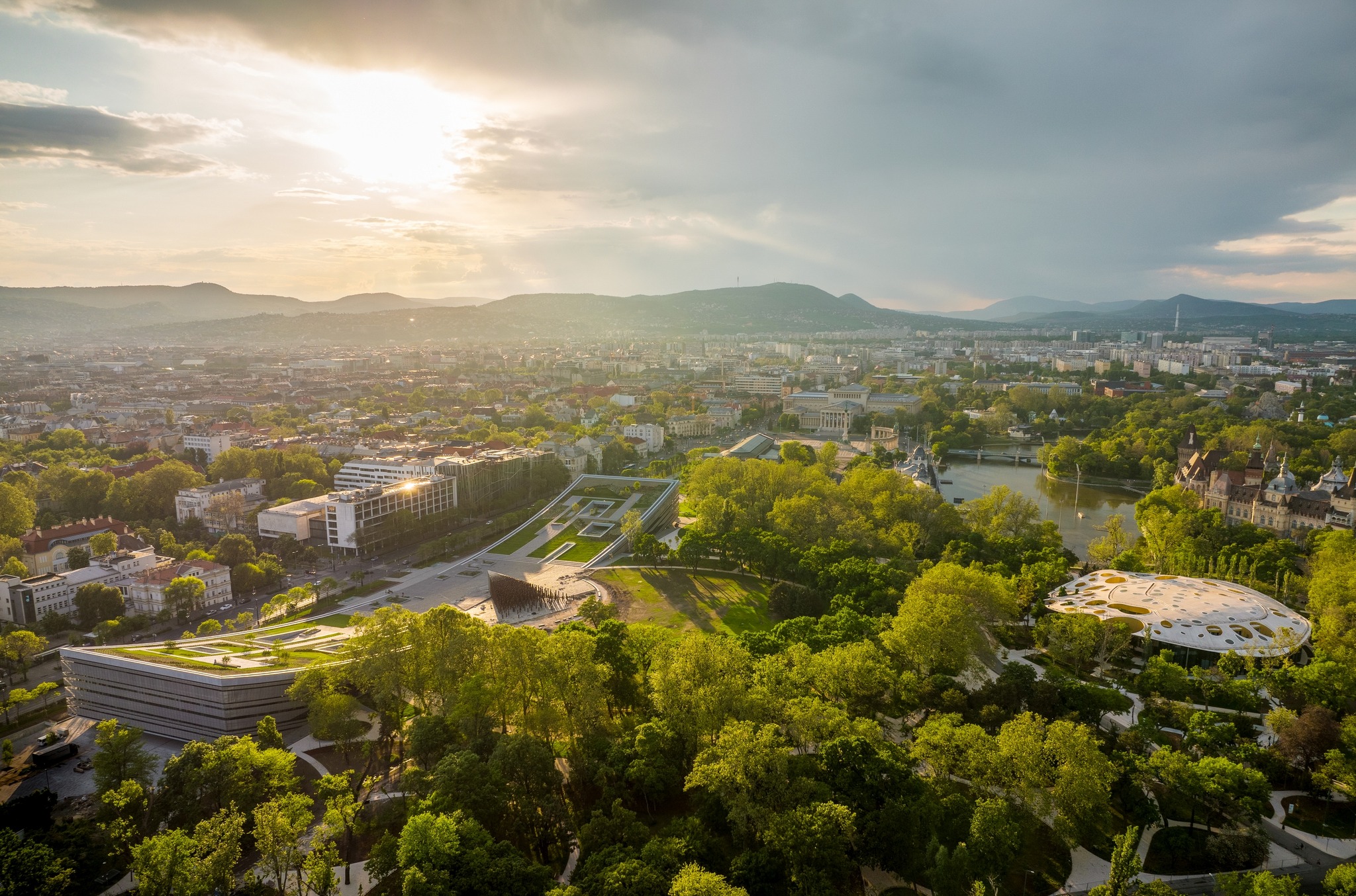
The Liget Budapest project is currently the most significant cultural investment in Europe.Continue reading
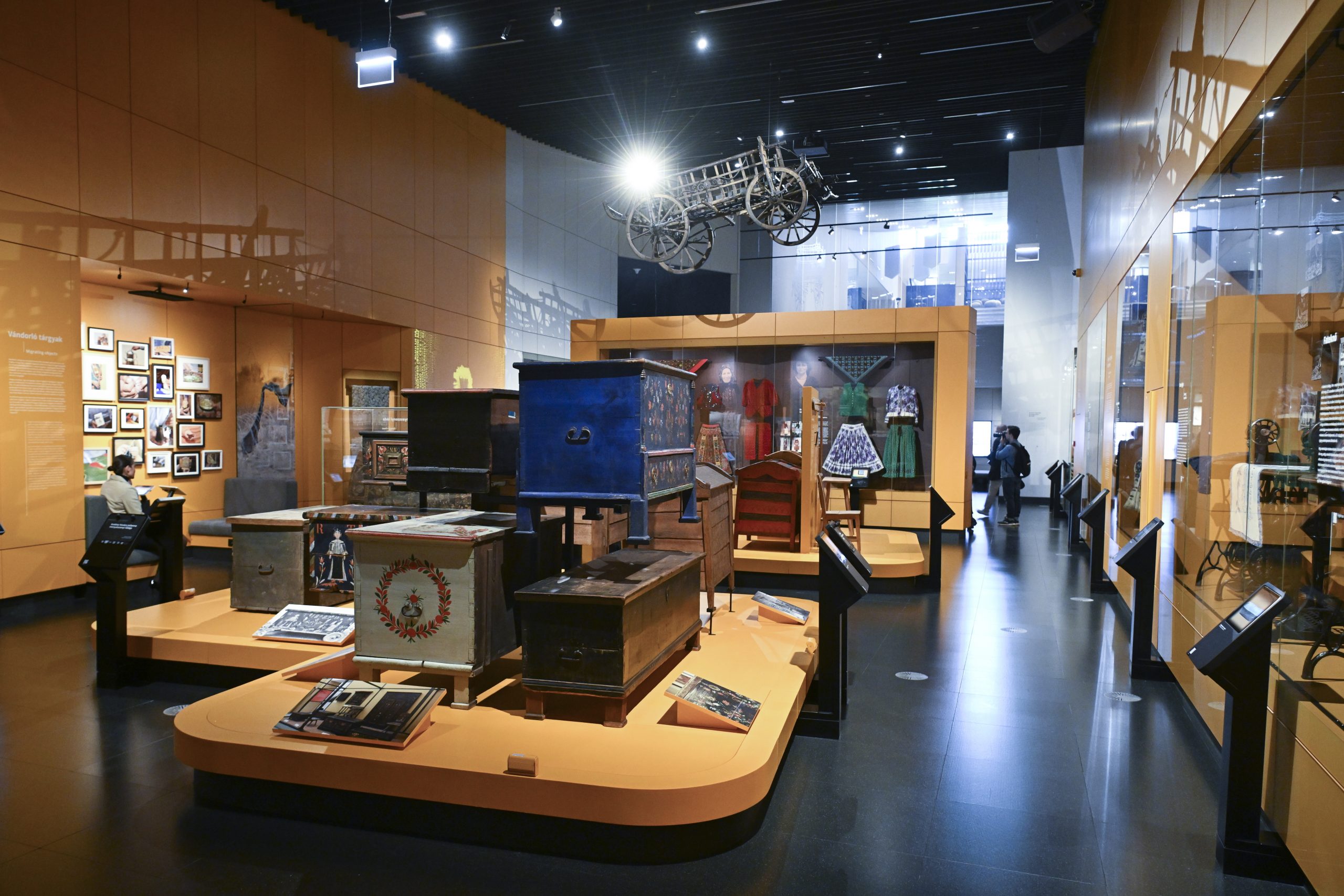
“In the current situation in Europe, we Hungarians can only survive if we live our culture and traditions,” Prime Minister Viktor Orbán said at the opening of the permanent exhibition of the Museum of Ethnography in Budapest on Thursday.
Mr. Orbán stressed that if a nation loses its folk culture, it loses the ability to judge what is good and what is bad, it becomes confused, it does not know what is to its detriment and what is to its benefit. The Prime Minister noted: “Let us thank God that we still have things in place, that common sense still works and that the order that has seeped into our lives today from popular culture is still in place.”
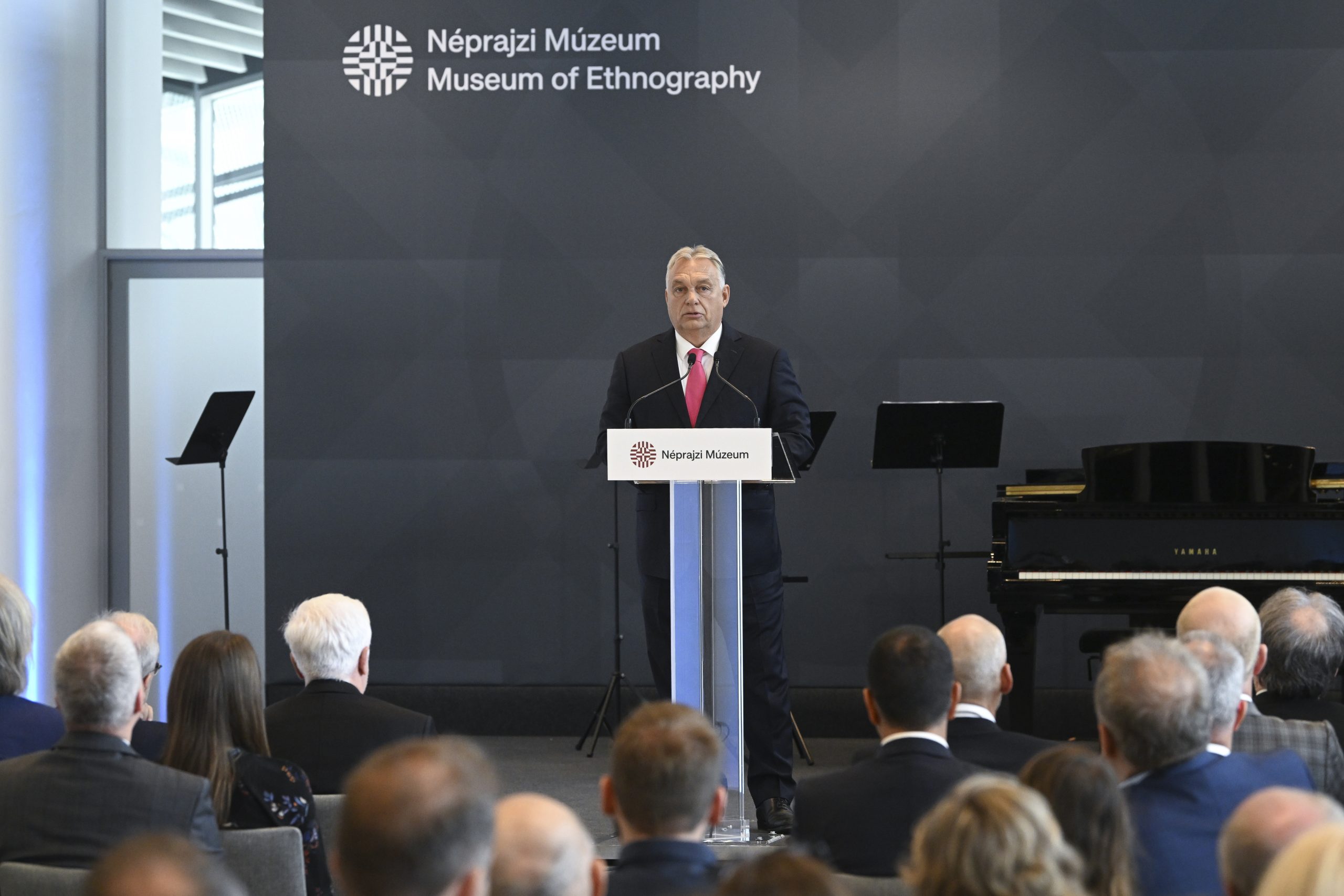
Photo: MTI/Koszticsák Szilárd
He warned that the world is changing enormously, with technological innovations disrupting our lives, millions of people setting out every day to find a new home, and bloody wars raging in our neighborhood. Meanwhile, he continued, “Hungarians must decide which changes are good and worth supporting, and which are to our detriment, and to do so we need a “stable archimedean point.”
Then the politician called
Hungarian culture, including material culture, the archimedean point of Hungarian life and the Hungarian future.
He stressed that the permanent exhibition at the Museum of Ethnography is “another place to watch out”, and noted that it is a way of strengthening the order that preserves Hungarianness. “We have opened a world-class exhibition in a world-class museum,” he emphasized.
Mr. Orbán also said that City Park was not only a public park, but also a place of pilgrimage for Hungarian national culture, which the government had to clean up and renew. The Prime Minister recalled that the building of the Museum of Ethnography was opened in May 2022. That was the time of the “great march,” the COVID pandemic, war, sanctions, and inflation, he added.
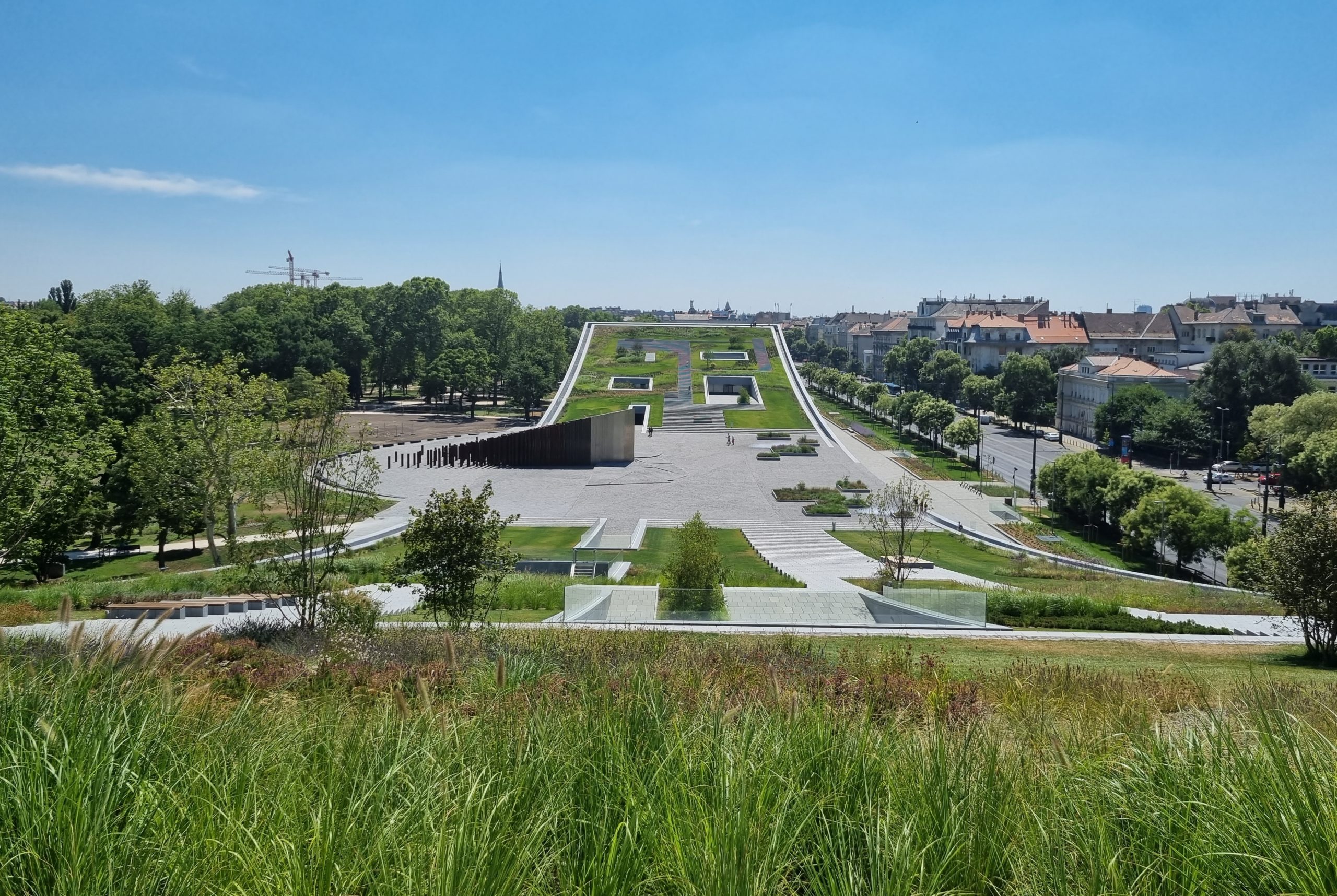
Museum of Ethnography. Photo: Hungary Today
“Since then, the implementation of the big plans has slowed down, we have lost momentum and we have been busy trying to find a way out of these problems,” he noted. He highlighted: “We are slowly getting out of these problems. Of course, ’25-’26 will still be a year of putting families and small businesses back on track, but then we can get back to the big stuff,” he said.
Viktor Orbán stressed that not only do Hungarians like the Museum of Ethnography, but the whole world also sees it as beautiful: it has won twelve international awards. It is doubly gratifying when a great building is the work of a Hungarian, in this case Marcel Ferencz,” he noted.
He emphasized that this event is an integral part of their efforts to renew the entire City Park.
We believe that City Park is not only a public park, but also a pilgrimage site of Hungarian national culture,”
he underlined.
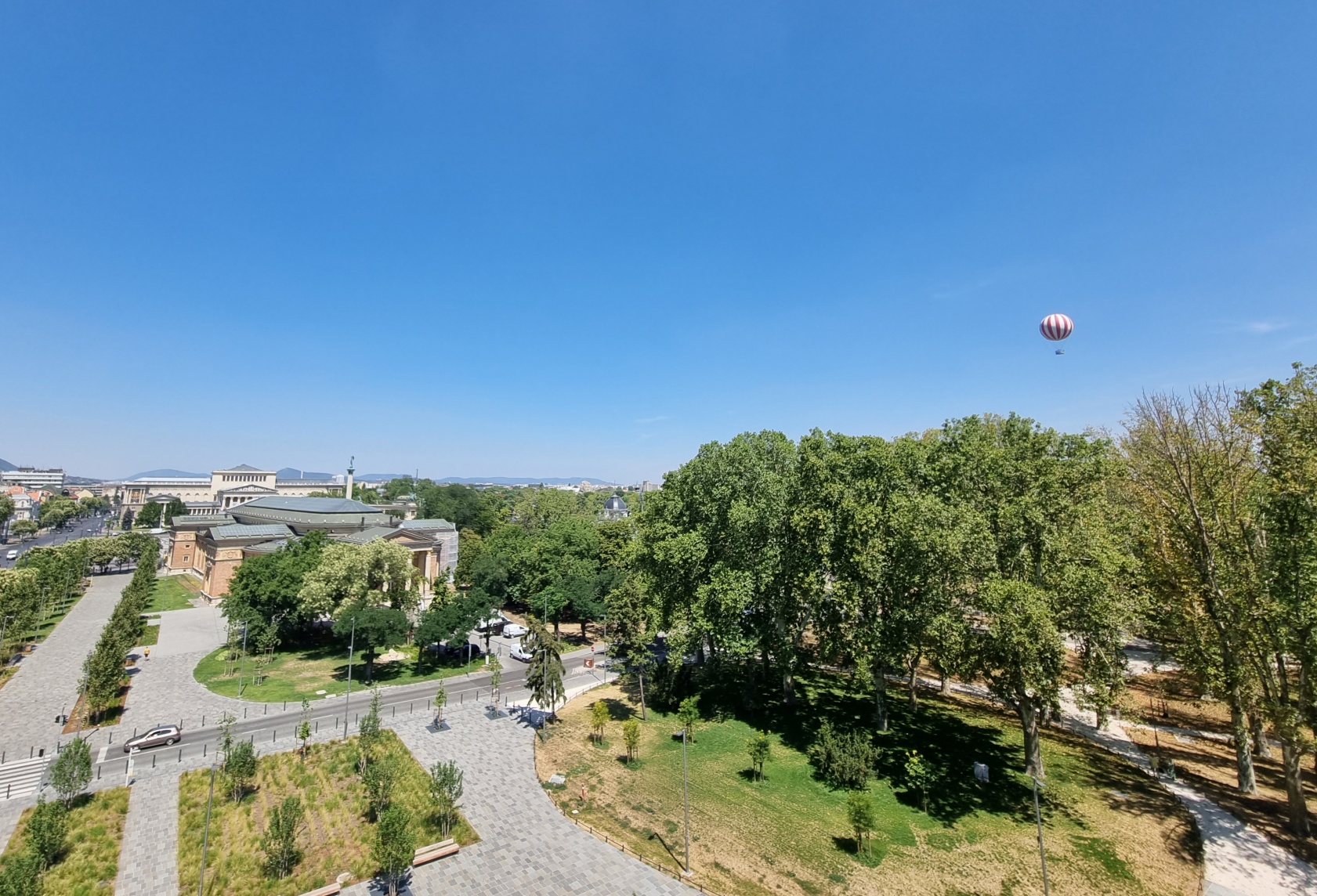
City Park. Photo: Hungary Today
Years ago, the park was in a scandalous state, the capital was not in a position, or perhaps did not want to improve its condition, therefore the government had to act, he recalled. “We decided to fix it up and renew it,” the Prime Minister said. This is why the government launched the Liget Budapest project, one of Europe’s most significant, largest, and highest quality cultural developments.
The politician stressed that the renewal of the park was progressing well, with a new permanent exhibition now being set up in the Museum of Ethnography.
Now it is not only the outside that can be awarded, but also the inside; with the new permanent exhibition, the museum can fulfill its vocation,”
he concluded, praising the 3,000 square meter exhibition.
Via MTI; Featured image via MTI/Koszticsák Szilárd